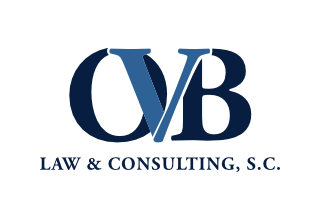Employees eligible for FMLA receive unpaid, job-protected leave for specified family and medical reasons. So, who is eligible for FMLA leave? To be eligible, an individual must work for a covered employer. Typically, an employer with over 50 employees would be covered by law. If a business does not have 50 employees, it may still be covered by state family and medical leave laws.
Additional qualifications must be met individually before FMLA can be considered. First, they must have worked for their employer for 12 months or more. It is important to note that these months do not need to be consecutive. Seasonal workers may qualify. Secondly, in those 12 months there needs to be over 1250 hours worked which averages out to around 24 hours per week. Third, the employer must have 50 workers within a 75-mile radius of the requesting individual’s worksite. This means if an employer has over 50 employees, but they are not within 75 miles, the FMLA leave would not be granted for the requesting individual.
If one does qualify for the broad terms of the leave above, the following reasons will qualify you to use leave: you, a spouse, child, or parent is pregnant or has a serious health condition that is an emergency, chronic, or consecutive. This will include the birth of your child or for the placement of an adoptive or foster child.
Once all of the above requirements are hit and the employer is notified, they will notify you if you are eligible for leave within 5 business days. If eligible, they must provide the rights and responsibilities per their leave terms and any medical certification requests. Within 15 days of the certification being requested, the individual must provide completed and thorough medical certification documentation. The documentation should include health care provider contact information, when the health conditions began, how long the condition is expected to last, appointment information, and if the leave will be used continually or intermittently. After FMLA is designated, communication between employer and employee must remain to keep updated and aware of the situation.
At OVB Law & Consulting, S.C. we are familiar with the requirements for FMLA leave, and are ready to advise both employees and employer on how to exercise or apply their rights. If you are uncertain about FMLA or right associated with the leave, please contact our office.

Different Circumstances FMLA is Used For
When requesting or taking FMLA, employees should first consult with their handbook to ensure compliance with their employer’s procedures.
For example, an employer can legally still require an individual to use their paid leave before their unpaid time off. Additionally, employers may require certain procedures and forms to complete a request for time off. Once notified of FMLA leave needed, 30 days’ notice to an employer is REQUIRED. If the need for leave is known about less than 30 days beforehand, notify the employer as soon as possible.
Employees must give employers enough information regarding their medical concern to allow the employer to make a knowing determination of whether FMLA leave should be granted. Although an employer does not need to know a specific diagnosis, the information given must indicate the leave is due to an FMLA protected condition and there are accommodations at the request of the doctor. Communicating effectively with an employer may be the difference between the leave process running smoothly or not getting approved. This also means if the medical conditions change, and the leave needed changes, the employer must be updated as soon as possible.
FMLA leave may be taken in a block form, in part time, or in smaller time frames. For example, if a doctor requires reduced working hours to allow for recovery after surgery, an employee may seek to utilize FMLA to cover the reduction of hours. When appointments are the issue, the Employee’s Guide to the Family and Medical Leave Act recommends trying to schedule the treatment at a time that minimizes the disruption to the employer. Approved FMLA time off should not and will not be used against an individual for considerations in hiring, promotions, or disciplinary actions.
Approved FMLA leave may entitle employees to certain rights upon returning to work. If you are concerned your rights have been violated or are unsure of how FMLA rights apply to your situation, you should consult an attorney to discuss your options.



